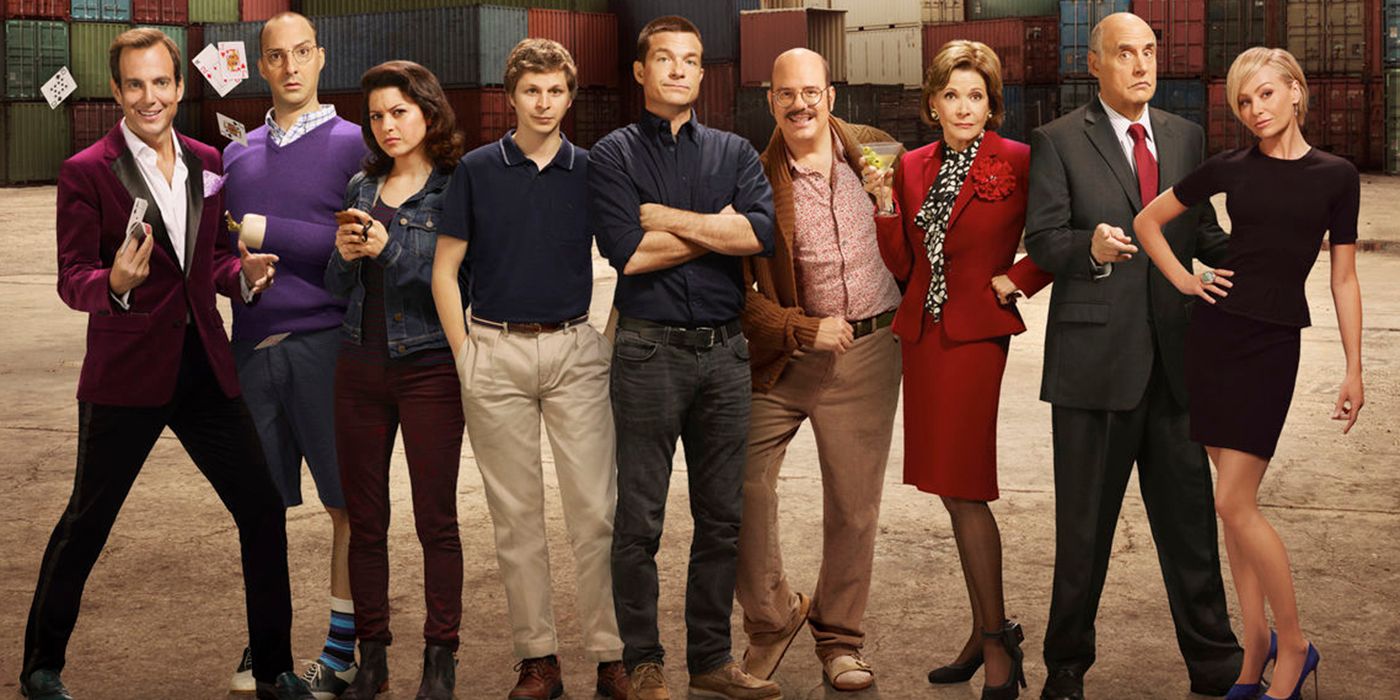The news that Netflix has won the rights for the new season of Arrested Development is definitely a good thing for everyone who's a Netflix subscriber and likes good comedy, but is there more to this story than meets the eye?
We've known for awhile that Netflix has been interested in producing content as well as distributing it; Arrested Development is actually the third TV show the company has purchased the rights to, after David Fincher's upcoming remake of the British political drama House of Cards and Orange Is The New Black, a new sit-com from the creator of Showtime's Weeds. But there's a line in the official statement on the Arrested deal from 20th Century Fox TV's co-chairmen Dana Walden and Gary Newman that stuck in my mind when I first read it:
This innovative deal with Netflix represents a new business model that is extremely exciting and opens the door for a wide range of new collaborations.
Obvious implication number one: 20th Century Fox TV is open to doing this kind of thing again. Obvious implication number two: If Arrested's return proves profitable for Netflix - And now will that be measured, I wonder? More subscribers? Will advertising be sold, to appear during the episodes (A Netflix first)? - and the business model proves workable for both Netflix and 20th Century Fox TV, other studios are likely to want to get involved in this potential new profit generator.
The first thing that came to mind when I thought about this was the idea of Netflix streaming as the new Direct-to-DVD. Producers have toyed with this kind of thing before, producing "webisodes" and extra content that can be recycled at a later date, but it's never really amounted to much. With the exception of Dr. Horrible's Sing-Along Blog, The Guild and, arguably, Sanctuary, web-exclusive programming is mostly seen as additive to a viewing experience, not essential to (or replacing). Partially, I think this is because of producers' attitude towards what they're putting online, which is usually off-cuts of the stuff that makes it into the TV episodes, or some kind of weird long-form advertisement for whatever sponsor put up the money to make it in the first place (I'm looking at you, Parks & Recreation and Warehouse 13. My, those are nice cars, aren't they?).
The "gamechanger" in this deal - to use the term that Fox Filmed Entertainment used in the announcement - is two-fold. Firstly, by paying for the exclusive rights, the studios can create the content without any (or minimal) cost to themselves, and secondly, the Netflix brand offers some level of credibility and legitimacy that "regular" web-content, for whatever reason, has lacked up until this point (It also means that the studios don't have to worry about distribution or promotion; that's pretty much all on Netflix). It's the television model, only without the restrictions that television offers. If Netflix can make the financial side of things work, it really does open up an interesting new model for studios to create serialized programming.
(A random thought: Could shows that are currently on television have Netflix-only spin-offs or additions, timed to the television schedule, with this plan? What if 20th Century Fox wanted to take Angela and Hodgins and put them in their own mini-series for Netflix during a Bones season, for example? Or release "director's cut"s of episodes of regular programming through Netflix?)
it remains to be seen - and will remain to be seen, until 2013 when the new Arrested Development episodes debut - how successful this partnership will be for both sides, and whether or not it'll change the way that television producers consider the internet as a delivery mechanism. I've hoped for this kind of sea-change before, when All My Children and One Life To Live were licensed as web-series after being cancelled on broadcast television, but that seemed to stall out worryingly quickly. Can the internet become the new television? And if so, is this Netflix/Arrested Development deal the way to convince people of that fact?

